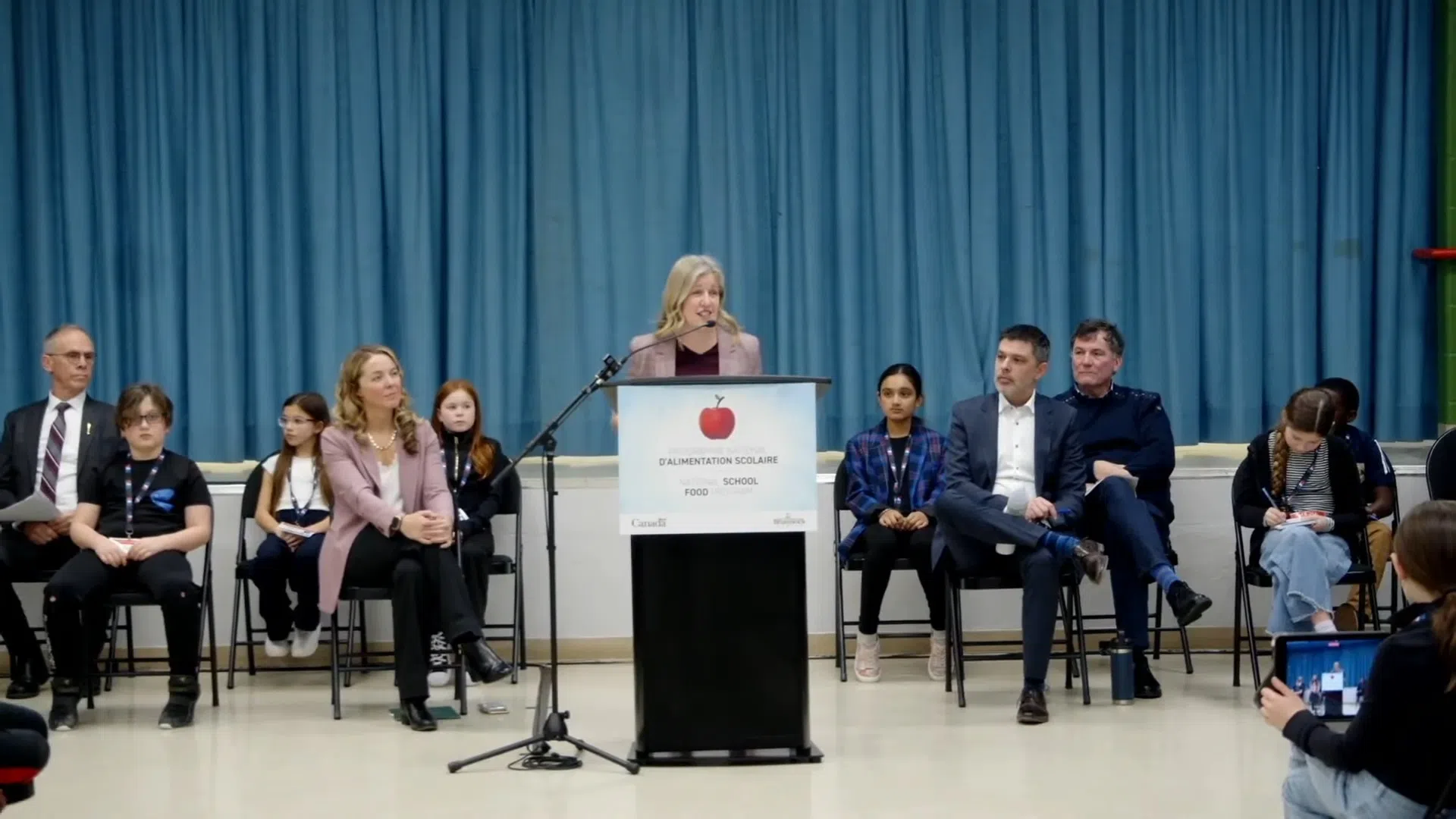All 295 public schools in New Brunswick will soon have a free breakfast program for students, officials announced on Friday.
The province has secured more than $11 million over three years through the federal government’s national school food program.
“A school food program doesn’t just fill stomachs; it feeds minds,” New Brunswick Premier Susan Holt said in a news release.
“By creating a free breakfast program and expanding the program to all public schools in the province, we are giving students universal access to one of the essential tools they need to thrive, and helping make life more affordable for New Brunswick families.”
Federal officials announced last April that they would spend $1 billion over five years on a national school food program.
More than 51,000 students in 135 New Brunswick schools already have access to a healthy breakfast through a partnership between the province and Food Depot Alimentaire.
Officials said the funding will allow the province to expand the program to the remaining 160 schools, which currently receive healthy food services, such as breakfast and snacks, from community groups.
“One in four kids in New Brunswick go to school hungry every day,” Holt said.
“We need to make sure that every kid in New Brunswick has a chance to learn, and their best chance to learn comes when their basic needs are met.”
Federal Families, Children and Social Development Minister Jenna Sudds said it is hard for students to learn when they are hungry.
“That’s why we’re committed to making sure kids have access to the healthy food they need, so they can focus on being kids and reach their full potential,” Sudds said in the release.
“For moms and dads this will also help them save hundreds of dollars in grocery bills. It’s truly a game changer for everyone.”
Funding a ‘meaningful step’ to addressing school hunger: teachers
The New Brunswick Teachers’ Association welcomed the funding, saying teachers have witnessed the direct impacts of food insecurity on students for decades.
President Peter Lagacy said having a universal free breakfast program is a “meaningful step” toward addressing student hunger.
Lagacy said described it as a “persistent and growing issue” that profoundly impacts students learning and well-being.
“We are hopeful that implementation plans for the initiative will be informed by the invaluable experiences of teachers, community organizations, and caring citizens who have worked tirelessly over the years to find creative and compassionate solutions,” Lagacy said in a news release.
The association president added that Friday’s announcement signals that advocacy efforts for universal school food programs have been heard.








